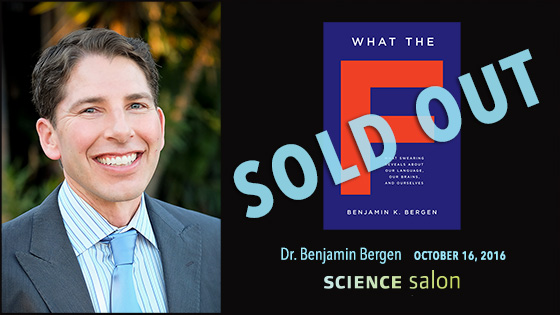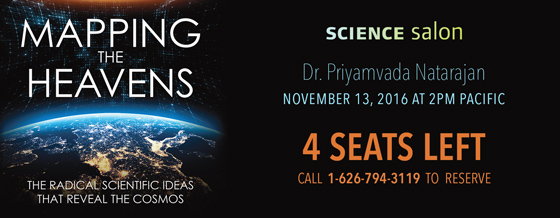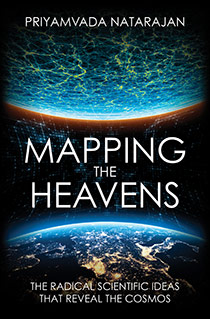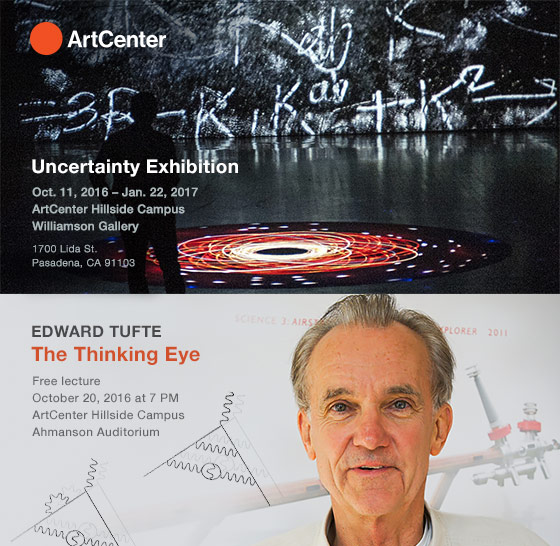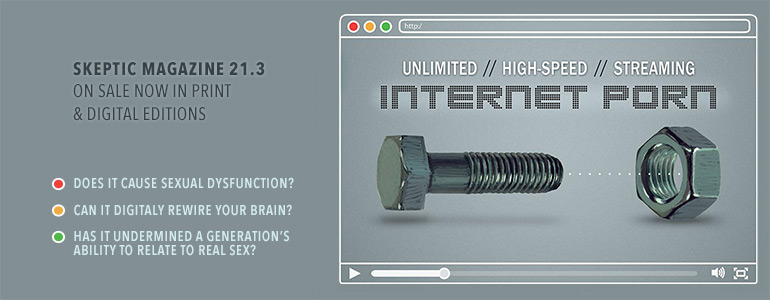In this week’s eSkeptic:
Demon Dolls
MONSTERTALK EPISODE 114
In this week’s episode of MonsterTalk, we talk about demonic or evil dolls, and look into the history of one of America’s most famous creepy playthings: Robert the Doll. Our interview is with Dr. Cori Convertito, Curator of the Key West Art and Historical Society, which oversees the Fort East Martello Museum, home of Robert the Doll.
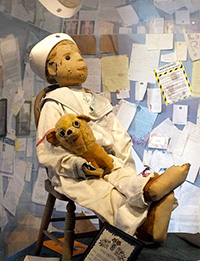
Robert The Doll (uploaded by LongLiveRock), by Cayobo from Key West, The Conch Republic [CC BY 2.0], via Wikimedia Commons
Get the MonsterTalk Podcast App and enjoy the science show about monsters on your handheld devices! Available for iOS, Android, and Windows 8 devices. Subscribe to MonsterTalk for free on iTunes. Follow the RSS feed.
SCIENCE SALON #8
Dr. Priyamvada Natarajan in conversation with Dr. Michael Shermer
18
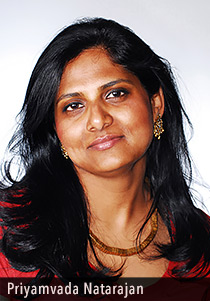
Photo by Gabe Miller
We have 18 seats left for our November 13th Science Salon. Cosmologist and theoretical astrophysicist, Dr. Priyamvada Natarajan, speaks with Dr. Michael Shermer about her latest book, Mapping the Heavens: The Radical Scientific Ideas That Reveal The Cosmos, followed by an intimate conversation with the audience that allows more interaction with the guest than a formal Q&A.
Call 1-626-794-3119 now to reserve your seat(s).
IMPORTANT TICKET INFORMATION: Advance tickets are required. Tickets will not be sold at the door. $50 per individual (includes a reserved seat, autographed copy of the guest’s book, hors d’oeuvres and wine).
MAPPING THE HEAVENS
The Radical Scientific Ideas That Reveal The Cosmos
Dr. Priyamvada Natarajan is a cosmologist and theoretical astrophysicist from Yale University, specializing in dark matter, dark energy, and black holes. She also holds the Sophie and Tycho Brahe Professorship of the Dark Cosmology Centre, Niels Bohr Institute, at the University of Copenhagen, Denmark. She is passionate about sharing science with the general public and in her new book she provides a tour of the “greatest hits” of cosmological discoveries—the ideas that reshaped our universe over the past century. The cosmos, once understood as a stagnant place, filled with the ordinary, is now a universe that is expanding at an accelerating pace, propelled by dark energy and structured by dark matter. Priyamvada Natarajan is at the forefront of this research—an astrophysicist who literally creates maps of invisible matter in the universe. In the book, she not only explains for a wide audience the science behind these essential ideas but also provides an understanding of how radical scientific theories gain acceptance. The formation and growth of black holes, dark matter halos, the accelerating expansion of the universe, the echo of the big bang, the discovery of exoplanets, and the possibility of other universes—these are some of the puzzling cosmological topics of the early twenty-first century. Natarajan discusses why the acceptance of new ideas about the universe and our place in it has never been linear and always contested even within the scientific community. And she affirms that, shifting and incomplete as science always must be, it offers the best path we have toward making sense of our wondrous, mysterious universe.
Order Mapping the Heavens: The Radical Scientific Ideas That Reveal The Cosmos from Amazon.
Call 1-626-794-3119 now to reserve.
Uncertainty is the latest in a series of exhibitions exploring the intersection of science and art at ArtCenter’s Williamson Gallery, in Pasadena, California. Nine installations authored by artists and scientists have been assembled for an exhibition that ponders the edges of knowledge and perception, explores the poetics of data visualization, and immerses viewers in the uncertainty/certainty paradigm.
In association with the Uncertainty exhibition, the public is invited to a free lecture “The Thinking Eye” by Edward Tufte on Thursday, October 20, at 7pm, in ArtCenter’s Hillside Campus Ahmanson Auditorium. A wine reception and viewing of Uncertainty will follow Tufte’s lecture.

During weekend events October 20–23, Nobel Laureate Physicist Richard Feynman’s (1918–1988) restored ’75 Dodge van covered with Feynman Diagrams will be on display outside the Williamson Gallery.
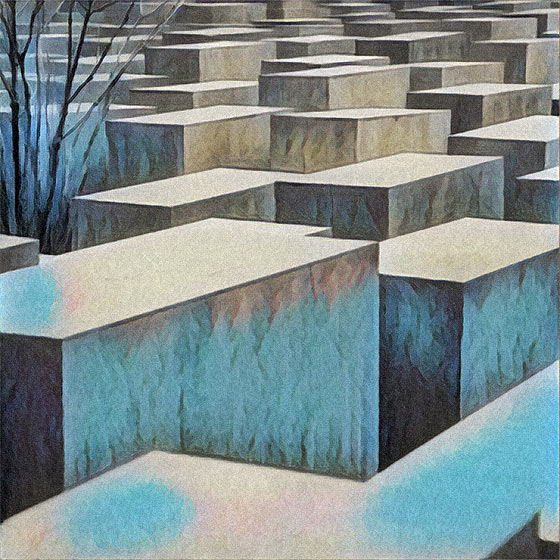
Brain-Training Claims Not Backed by Science, Report Shows
In our health-conscious culture permeated by people eating kale, meditating, and working out, it seems tempting to regard the brain as just another muscle—one whose relevant parts can be “exercised” to keep them from getting flabby and plump. In this week’s eSkeptic, Dr. Carol Tavris examines the evidence to see if working memory training programs really work.
Can Working Memory Be Trained to Work Better?
by Carol Tavris
I hate writing this issue’s column. Sometimes it is really annoying to have to review information you don’t want to hear, but it’s my moral and scientific obligation to do it, so you don’t have to. Like most of humanity over the age of 37,1 I have been awaiting the scientific discoveries that will improve my memory. In my lifetime, I have seen enough of these to realize that memory-improvement advice generally depends on whatever model of memory is current at the time. When people erroneously believed that memories were “filed away,” the solution was to improve our card-catalog system. When people erroneously believed that memories were recorded as if on tapes, the solution was to find a way to rewind them (and remove the dust and scratches). When people erroneously believed that memories were “buried,” like pirate treasure or potatoes, the solution was to find ways to “uproot” them. Some of these memory-improvement methods were benign; others, like “recovered memory therapy,” hypnosis, and truth serum, had malevolent consequences that destroyed many lives and families. I am sympathetic to the desire to improve our muddy memories and restore forgotten ones. We are our memories.
There is no good evidence that working memory training improves intelligence test scores or other measures of ‘real-world’ cognitive skills.
Today, in our health-conscious culture permeated by people eating kale, meditating, and working out, it seems tempting to regard the brain as just another muscle, one whose relevant parts can be “exercised” to keep them from getting flabby and plump. Memory exercises and meditation to the rescue! Puzzles, games, and challenges are today’s mental weights.
In recent decades, memory scientists have revved up their study of “working memory,” one of the key mental systems responsible for storing and manipulating information. Working memory is a cognitively complex form of short-term memory—that little bin where we store a new phone number until we use it once or enter it in our contacts list. Working memory is where, well, the work gets done: it involves active mental processes that control retrieval of information from long-term memory and interpret that information appropriately for a given task. No wonder that people who do well on tests of working memory tend to do well on intelligence tests and on tasks requiring complex cognition and the control of attention, such as understanding what they read, following directions, taking notes, learning new words, estimating how much time has elapsed, and many other real-life tasks. When they are engrossed in challenging activities that require concentration and effort, they stay on task longer, and their minds are less likely than other people’s to wander. […]


